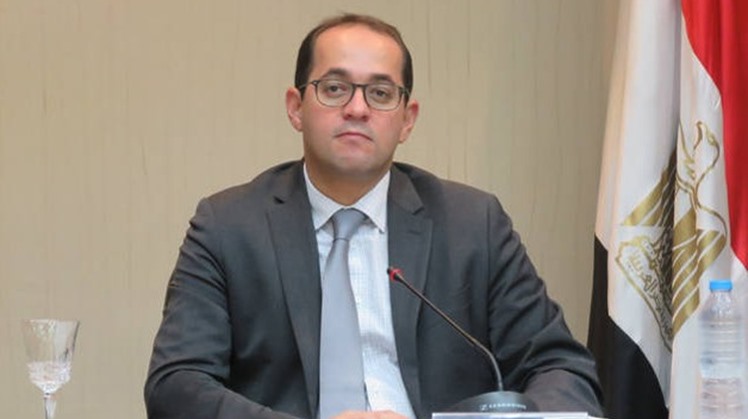CAIRO - 31 August 2025: Egypt’s Finance Minister Ahmed Kouchouk revealed that the government achieved solid fiscal results in FY 2024/2025, enabling higher spending on health, education, social protection, and support for economic activity, while avoiding the imposition of new taxes.
Speaking at a press conference on Saturday to review financial performance, Kouchouk said economic and fiscal indicators have shown marked improvement, benefiting both citizens and investors. He noted that the government directed additional resources to priority sectors without cutting overall public expenditure.
During FY 2024/25, social support, grants, and subsidies totaled LE 642 billion, a 12% annual increase. This included LE 165.4 billion for food subsidies, up 24% year-on-year, and LE 43.2 billion for social protection programs such as Takaful and Karama, marking growth of 22.8%. Contributions to pension funds reached LE 142.7 billion, while transport subsidies amounted to LE 2.5 billion.
The government also stepped up investments in health and education. Spending on healthcare rose by 19.3%, with LE 15 billion allocated for treatment at the state’s expense, benefiting 2.5 million citizens, and LE 7.4 billion for health insurance programs. Education spending grew by 20.1%, including LE 4 billion for hiring 160,000 new teachers, LE 6.9 billion for printing school books, and LE 7.2 billion for school meals, benefiting 15.6 million students.
In housing support, the ministry disbursed LE 9.3 billion under the mortgage finance initiative, providing affordable housing for nearly 70,000 citizens. Additional subsidies included LE 6.57 billion for local wheat, LE 60.2 billion for imported wheat, LE 7.2 billion for cotton, and LE 11.2 billion for sugarcane.
Kouchouk said around LE 440 billion were directed to energy-related commitments, ensuring stable power generation and settling foreign partner dues. Another LE 45 billion supported productive and export activities, including LE 14.3 billion for agriculture and industry, and LE 18 billion for export subsidies and repayment of arrears.
On revenues, the finance minister highlighted a 35% increase in tax receipts, attributing the growth to stronger cooperation with the business community rather than new taxes. He reported that 402,000 taxpayers applied to settle disputes, 107,000 joined the simplified system voluntarily, and 650,000 new or amended tax filings generated an additional LE 78 billion.
Looking ahead, Kouchouk announced plans to introduce a new package of tax relief measures to ease compliance, boost investment, and encourage voluntary participation, stressing that the ministry remains focused on simplifying procedures, resolving disputes amicably, and accelerating VAT refunds.
 Sun, Aug. 31, 2025
Sun, Aug. 31, 2025